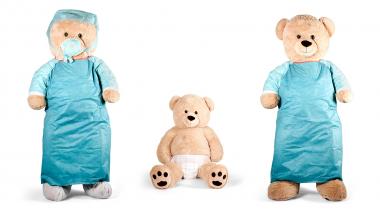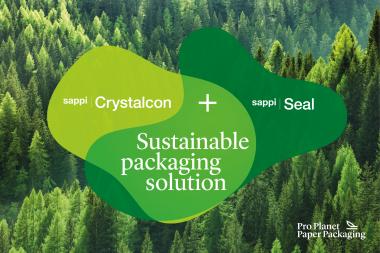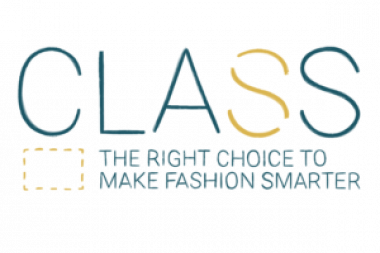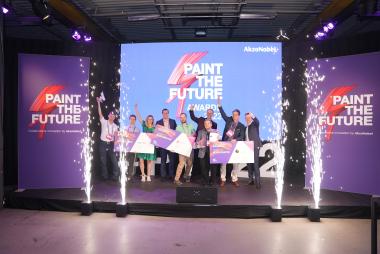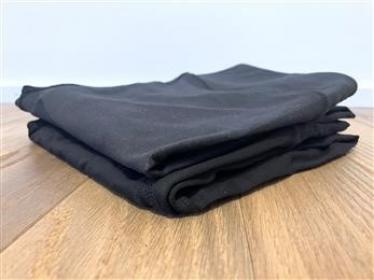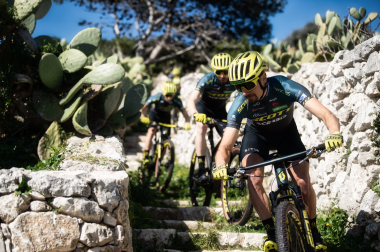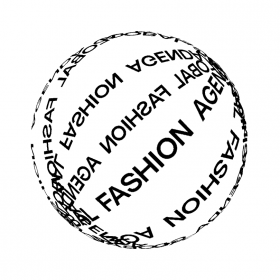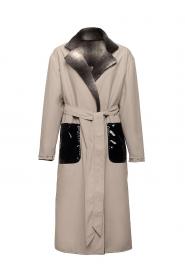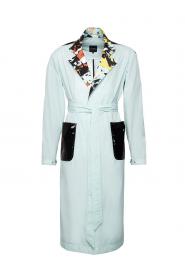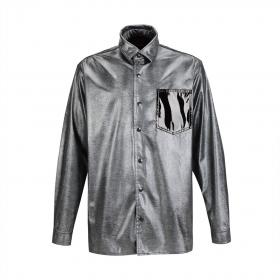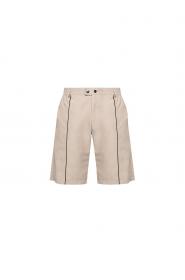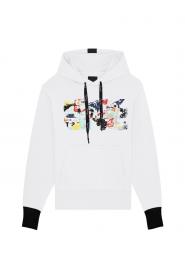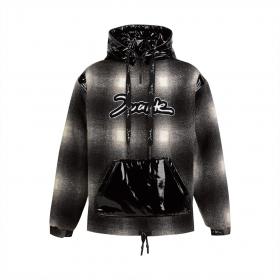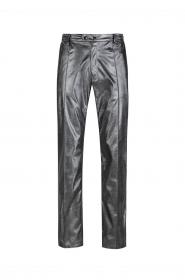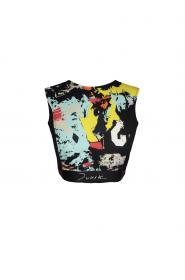Reifenhäuser Reicofil showed sustainable Nonwovens at IDEA 22
Nonwovens line specialist Reifenhäuser Reicofil presented its portfolio of high-performance and sustainable nonwovens under the slogan "Living Nonwovens" at IDEA 22 at the Miami Beach Convention Center in Florida from March 28 to 31, 2022.
In terms of sustainability, Reicofil offers various approaches to save fossil raw materials, such as the processing of bio-based raw materials as an ecological alternative - for diapers, for example. Here, the topsheet material, made of bulky, soft, and industrially compostable High Loft nonwovens, meets maximum hygiene requirements. For industrial applications, high-strength nonwovens can be processed even from up to 90% PET flakes from post-consumer waste.
Another highlight was the so-called BiCo technology. In this process, two different raw materials are combined in one fiber in the spunbond process, creating a bimetal effect and causing the fiber to crimp. This opens the door for manufacturers to completely new product properties that are unattainable with monofibers.
Nonwoven-film composites with low grammage
For the medical sector, Reicofil showcased its leading solutions for high-barrier medical protective clothing and - together with its sister business unit Reifenhäuser Cast Sheet Coating - the pioneering Ultrathin Coating production process, which enables customers to produce film-nonwoven-composites more cost-effectively and thus competitively.
Smart digitization
With the c.Hub, the new data platform of the Reifenhäuser Group, Reicofil offers its customers a digitization solution that is tailored to the requirements of nonwovens production.
Reifenhäuser GmbH & Co. KG Maschinenfabrik


